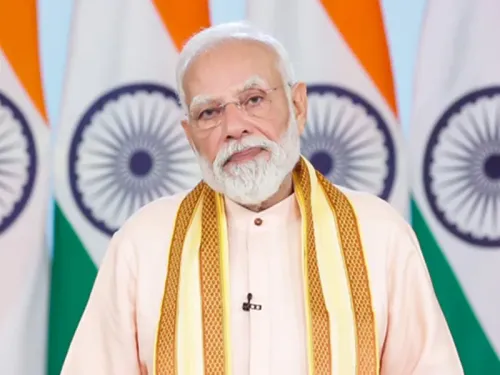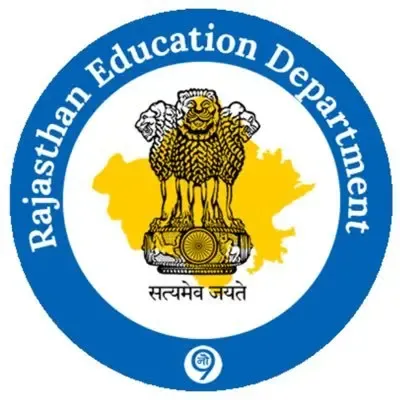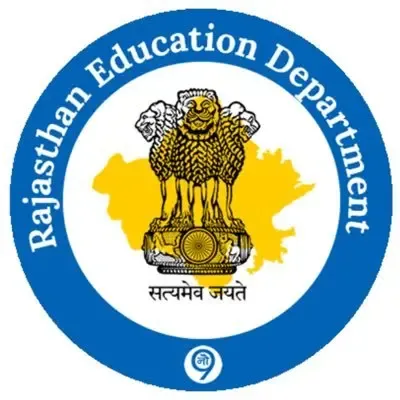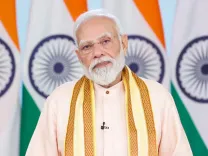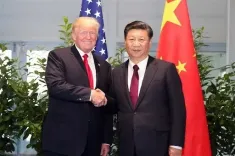Ramdas Athawale Critiques Rahul Gandhi's Comments on ECI
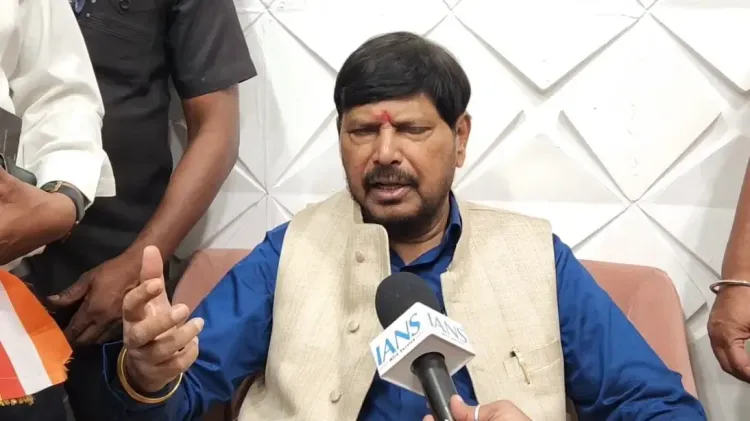
Synopsis
Key Takeaways
- Ramdas Athawale condemns Rahul Gandhi's ECI remarks.
- Accusations against ECI viewed as undermining democracy.
- Importance of respecting both judiciary and Parliament emphasized.
- Recent Waqf Act controversy addressed by Athawale.
- Supreme Court scrutinizes provisions of the Waqf Act.
Nagpur, April 21 (NationPress) Union Minister Ramdas Athawale publicly condemned Leader of the Opposition (LoP) and Congress MP, Rahul Gandhi for his statements made in Boston, where he labeled the Election Commission of India (ECI) as 'compromised' and cast doubt on the integrity of the electoral system.
In an interview with IANS, Ramdas Athawale remarked, “Whenever Rahul Gandhi travels abroad, he tends to make such erroneous and unfounded statements. It seems to have become a habit of his.”
“To accuse the ECI, especially concerning the Maharashtra elections, is a disservice to the people of that state. The ECI organized the elections, and the citizens cast their votes. Rahul Gandhi should honor the people's decision.
His claims of a 'scam' are baseless. The government introduced the EVM machines, and targeting the ECI in this regard is incorrect. The ECI played no part in this situation. The citizens of Maharashtra have granted us a significant victory, and it is inappropriate for Rahul Gandhi to make such statements. His comments undermine our nation’s democratic institutions.”
Athawale further stated, “This represents a direct assault on our country. Rahul Gandhi’s remarks against the ECI are not only unsuitable but also disrespectful.”
Addressing the recent debate surrounding the Waqf (Amendment) Act, 2025, Athawale stressed the necessity of respecting the judiciary. Nonetheless, he highlighted that Parliament holds the ultimate authority.
“Everyone should uphold the judiciary, and its rulings must be adhered to. Nonetheless, Parliament is the supreme body, entrusted with the responsibility of drafting and enforcing laws. It is not within the Supreme Court's purview to comment on every law enacted by Parliament. While we honor the judiciary, there must be reciprocal respect between the legislature and the judiciary,”
he stated.
The Supreme Court of India recently focused on some contentious aspects of the Waqf Act that Parliament passed. During the hearings, the Central government assured the Supreme Court that it would not retract provisions concerning 'Waqf-by-user' or incorporate non-Muslim representatives in the Waqf Board.

